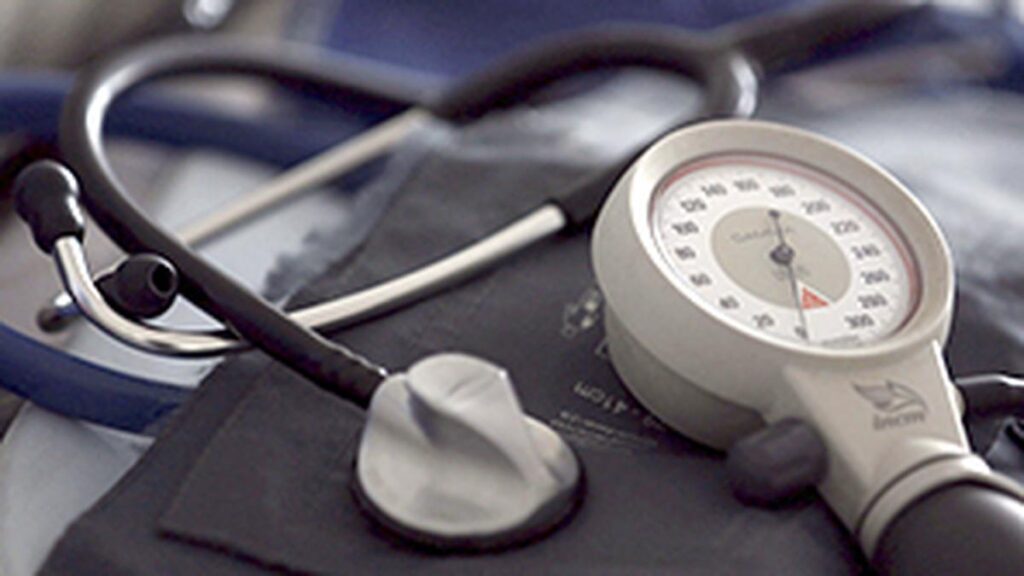
Photo used for illustration purpose only.
| Photo Credit: Reuters
The Supreme Court in its recent judgment has directed the National Medical Commission (NMC) to revise its guidelines on eligibility conditions for admission to MBBS course for people with disability and report back on March 3.
The direction has come after the Court in a case found the Commission’s eligibility conditions that candidates with disabilities must have “both hands intact, with intact sensation and sufficient strength” for admission to MBBS course arbitrary and antithetical to the Constitution.
The Bench was hearing the case of a candidate who suffered from 50% locomotor disability and 20% speech and language disability who aspired to be a medical professional. The candidate had cleared the NEET with flying colours. However, an Assessment Board had found him ineligible to be a doctor due to his hand disability. The Punjab and Haryana High Court had also rejected his plea for relief.
Earlier too, the Supreme Court in Om Rathod judgement had directed NMC to revise the guidelines before the NEET 2025 counselling. This case law study was recently published in the Indian Journal of Medical Ethics. In the paper titled “Assessment for inclusion: Promoting equity and justice in Disability Assessment Boards in India’’, corresponding author Satendra Singh noted that the judgment emphasizes assessing abilities through opportunities like simulation labs and clinical accommodations rather than focusing solely on disability. Highlighting the case of a successful medical aspirant with 88% mobility disability, the paper states that in his case the Court directed an independent functional competency assessment conducted by a doctor with a disability. The paper further notes that the judgment is a watershed moment in the history of inclusive medicine in India.
The paper adds that not only has the medical regulator been directed to revise the guidelines for admission of students with disabilities in the MBBS course, but the Court has, for the first time, recognised lived experience as a form of expertise. Additionally, the Enabling Units (mandated by the University Grants Commission) at medical schools — similar to disability resource/service providers in the USA — will serve as points of contact for applicants with disabilities seeking clinical accommodations.
As per the judgment, students must be informed about the enabling units and equal opportunity cells through the information booklet for new MBBS students, the college website, and the equal opportunity policy. Furthermore, the NEET application portal must include details about the accessibility compliance of various colleges to help prospective students with disabilities make informed decisions.
Explaining the need for healthcare providers with a disability, the paper said that the one of the most impactful aspects of being a healthcare provider with a disability is the level of comfort patients may feel when asking questions about their health issues. “This sense of shared humanity can help patients feel less vulnerable and more willing to ask for support. This quality of deep, personal empathy can be felt in the care provided by physicians with disabilities to all types of patients — with and without disabilities. This also supports the hidden curriculum that all individuals have access needs, whether visible or not, whether acute or chronic impairment,”’ said the paper.
Since the NEET 2025 brochure is out and NMC has not yet complied with the directions, the recent judgement in Anmol vs UOI set the deadline as 3 March for NMC to communicate the status of the revision of the guidelines
Published – February 24, 2025 08:15 pm IST

